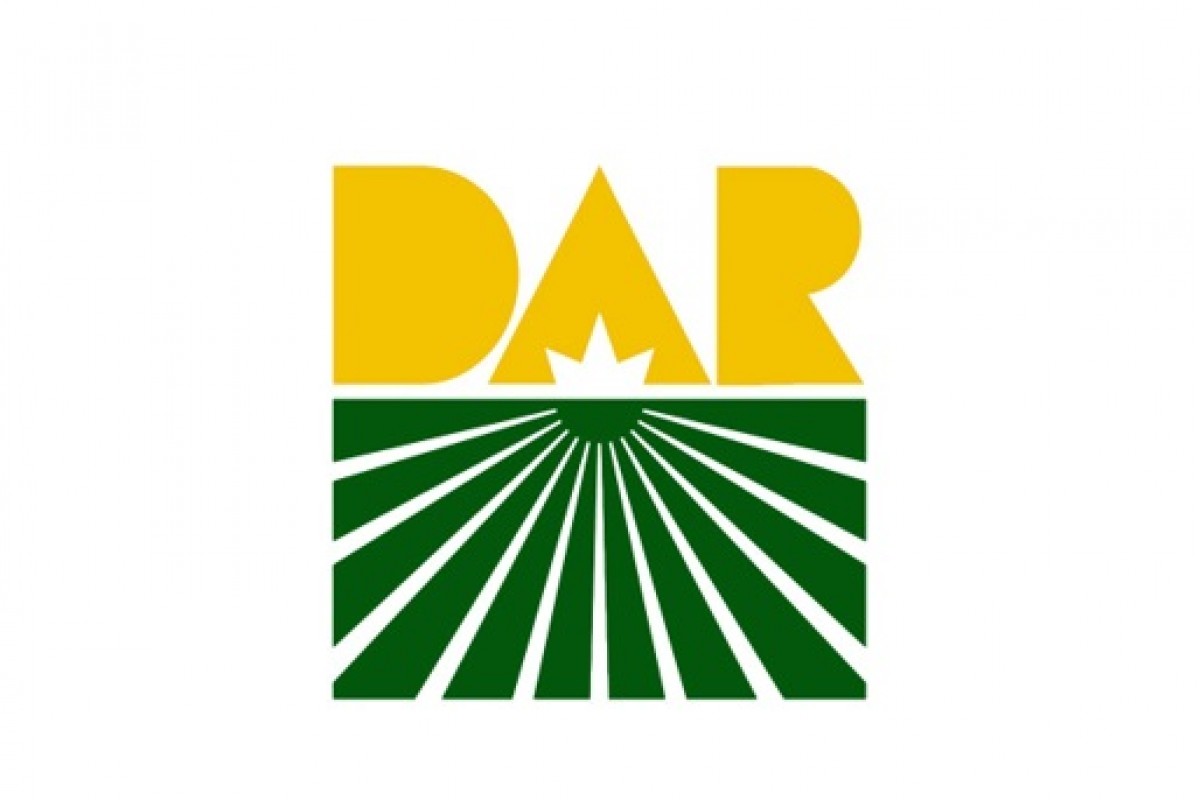QUEZON CITY -- The presentation and surrender to the Registry of Deeds (ROD) of the owner’s duplicate copy (ODC) of collective certificates of land ownership award (CCLOAs) will no longer be required in the proceedings involving the parcelization of CCLOAs under the Project Support to Parcelization of Land for Individual Titling (Project SPLIT).
This is the gist of the joint Department of Agrarian Reform (DAR) and Land Registration Authority (LRA) Administrative Order No. 2, Series of 2022, entitled “Registration and Annotation Requirements for SPLIT and Annotation of the Conditions of the Order of Conversion”.
The Project SPLIT is a foreign-assisted project funded by the World Bank and spearheaded by the DAR requiring the cancellation of CCLOAs for individual titling scheduled from 2021-2024.
Currently, about 90,000 hectares of validated CCLOAs are ready for registration but only 4,000 hectares have been registered.
To achieve the full implementation of registering the validated CCLOAs, the DAR sought the assistance of the LRA and the Land Registrations Systems, Inc. (LARES) for the generation, registration, and eventual issuance of the electronic individual titles (e-titles).
LRA OIC-Administrator Atty. Robert Nomar V. Leyretana expressed his willingness and gratitude for the opportunity to help the DAR, especially in implementing Project SPLIT.
“I knew the long and tedious journey that we have started two years ago and the challenge of sustaining this activity because this is a milestone in terms of its magnitude because of the economic effect that it will bring in the future of the farmers,” he said.Leyretana disclosed that he requested the DAR to conduct further consultation meetings with the LRA and the LARES officials which resulted in the issuance of the DAR-LRA Joint AO.
The joint administrative order noted that the cancellation of CCLOAs by reason of parcelization under the Project SPLIT are considered involuntary dealings as prescribed under Sections 24 and 25 of Republic Act No. 6657, as amended by Sections 9 and 10 of RA No. 9700, and therefore, would not require the presentation and surrender of ODC.
The AO also serves as a guide for the annotation of the conditions of the Order of Conversion on agrarian reform title.
The conversion plan must be implemented within five (5) years from the date of finality of the Order of Conversion. Any violation of the conversion plan including the failure to implement it within the said five (5) year development period shall result in the revocation of the Order of Conversion and the automatic coverage of the land under the Comprehensive Agrarian Reform Program (CARP). (DAR)



